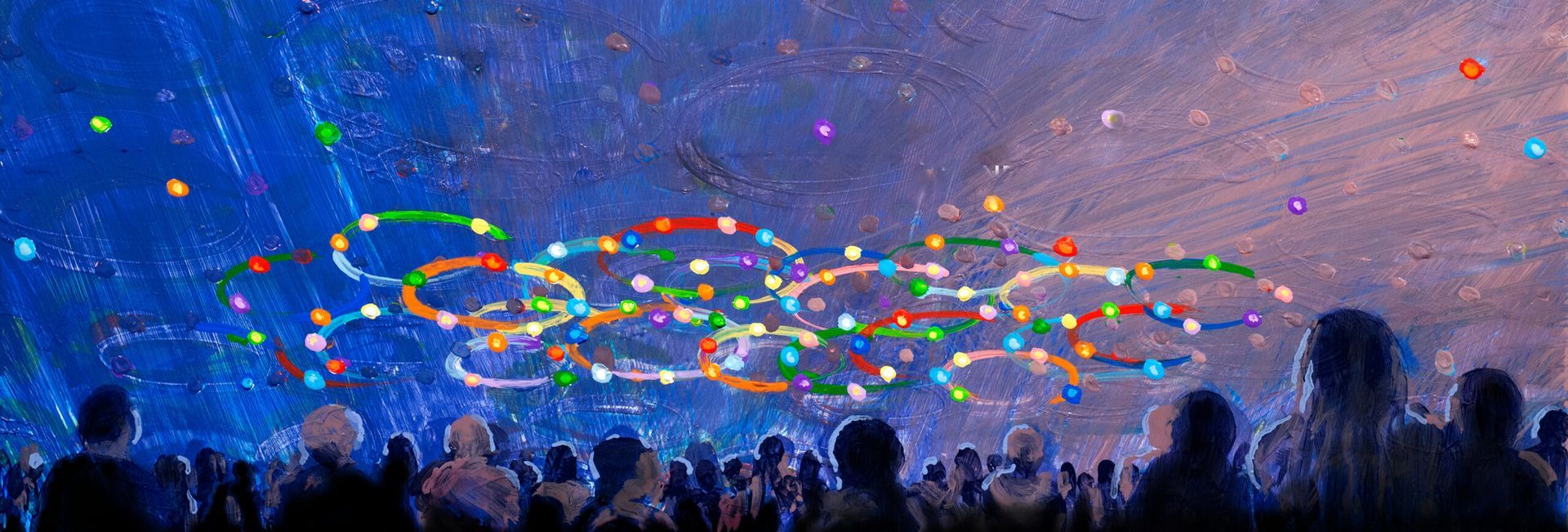Toni Morrison’s Gift of Time by Myriam J.A. Chancy
Toni Morrison has been gone now for going on three years but it seems that she is with us still, made eternal through every word and phrase she committed to the page in an effort to document, as she might say, “the lives of Black folk” in the United States.
I started reading Morrison as a teenager, in Canada, where my parents had eventually emigrated from Haiti. I came to Morrison in the late nineteen eighties, when she was to receive acclaim for what is probably her masterpiece, Beloved,
winner of the 1988 Pulitzer Prize.
I read Beloved
as someone bereft in a desert, looking for water, as a girl growing up Black in a snow-bound world. But Beloved
gave more than mere sustenance, a saving grace. I remember, still, the shock of understanding that the disturbing young woman that Sethe has taken in as a boarder in her Cincinnati home was the titular Beloved,
the toddler she had killed years before while all Beloved understands is that she was deprived of her mother’s love, not that she was “saved,” so to speak, from “unspeakable things unspoken”- the violence of slavery.
When readers experience the collapse of time when we encounter Beloved as that
child, the spirit made flesh, she simultaneously emerges as a haunting of history, not only for Sethe, but for readers. Chronological time no longer girds the story. We enter the realm of spiritual time, of memory, of a futurity that we have yet to escape, just as Sethe cannot escape her past or Beloved her materialization as that loved being who understands only her place as an outcast rather than as the object of her mother’s sacrifice.
The writing must seem effortless and through that apparent ease, reveal the writer’s artistry.
Myriam J.A Chancy
As a writer, Morrison has taught me many things – the first is to understand time as having multiple manifestations as it reverberates through ancestral and generational memory. The second is a phrase she used in a 1981 interview to describe the craft of writing, saying that “the language must not sweat,” that it should not reveal the writer’s labor. The writing must seem
effortless and through that apparent ease, reveal the writer’s artistry.
Morrison worked
the language, a fact crystallized in even later works such as the 2003 novella, Love,
in which two aging women revisit the source of their connection. In it, Morrison exercises a language so imagistic and precise that it is impossible to deny that, at that point in her writing life, Morrison was no longer “playing in the dark” but outdoing her younger, writing self.
Take, for example, the end of Love’s
opening paragraph, which combines both her perception of time and precision of language:
He remembers the crack of her heels on concrete as she approached; the angle of her hip as she stood there, the melon sun behind her, the garage light in her face. He remembers the pleasure of her voice when she asked for directions to the house of women he has known all his life.”
Morrison, by this point, had exceeded her primary goal to fully reveal her expertise in the modeling of a language that could contain and reveal life, where the sculpting of a sentence revealed a teeming universe. For me, especially in her final works, Morrison has no equal.

Myriam J.A. Chancy , born in Port-au-Prince, Haiti, and raised there and in Canada, is a 2014 Guggenheim Fellow, who currently holds the Hartley Burr Alexander Chair in the Humanities at Scripps College, California. She is the author of four books of literary criticism and of four novels. Her novel, The Loneliness of Angels , won the Guyana Prize for Literature Best Caribbean Fiction Award 2011, and was shortlisted in the fiction category of the 2011 OCM Bocas Prize in Caribbean Literature. Her first novel, Spirit of Haiti was shortlisted for Best First Book, Canada/Caribbean for the Commonwealth Writers’ Prize in 2004.
To learn more about Toni Morrison and her legacy get your tickets for Beloved: A Celebration of Toni Morrison and Black Women Writers, with Donna Bailey Nurse










© 2025 Luminato Festival Toronto, All rights reserved.
Privacy Policy
|
Terms and Conditions


